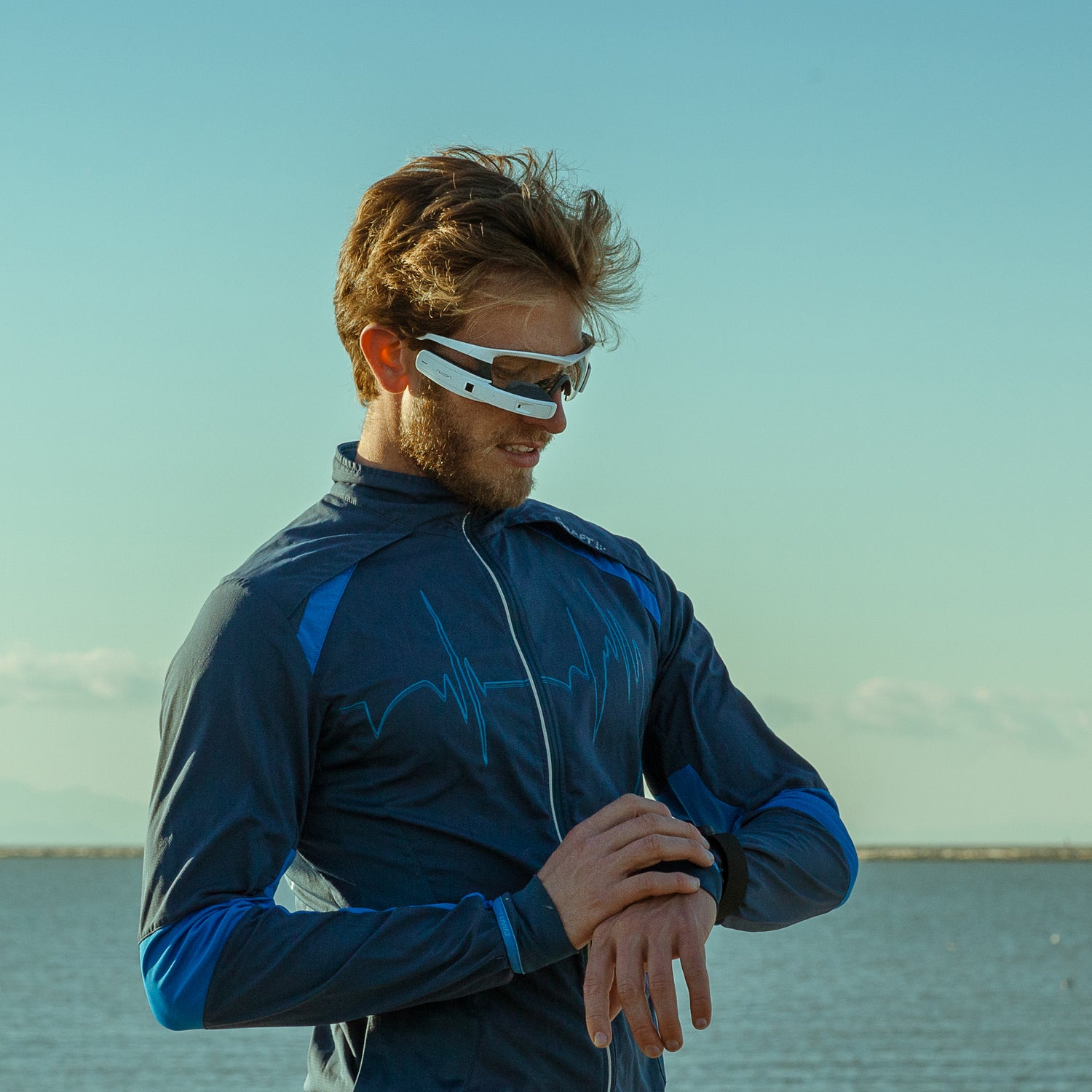In our exhaustive investigation into the future of smart fitness, here are the 16 wearable devices we looked at—and who is best served by each.
For Casual Enthusiasts
Apple Watch Sport ($350 and up)
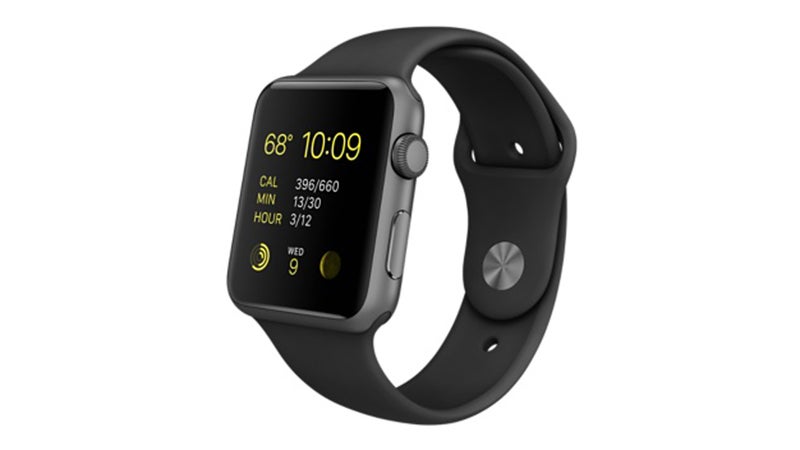
The Good: Integrates seamlessly with the iPhone’s communication functions; early-adopter street cred.
The Bad: Quick-draining battery; limited sports tracking.
Basis Peak ($200)
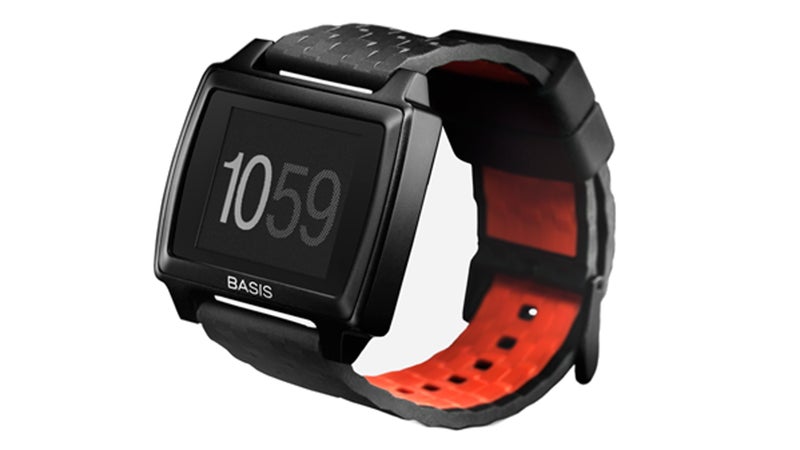
The Good: Combines features like e-mail and phone calls with sleep and activity tracking.
The Bad: No GPS; black-and-white screen.
Fitbit Charge HR ($150)
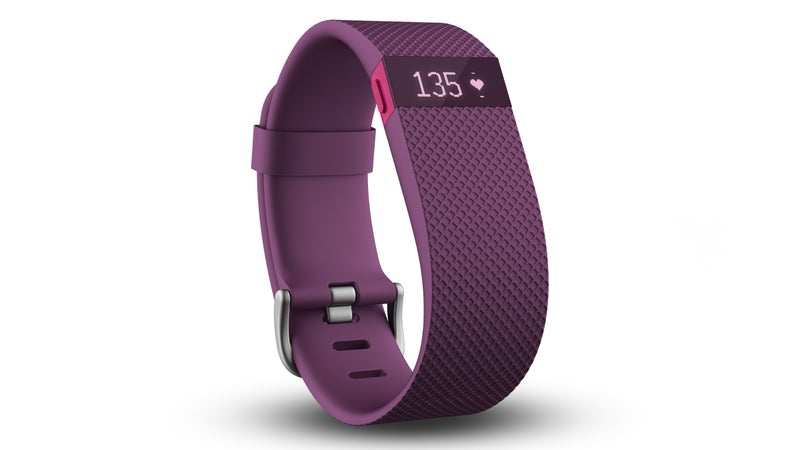
The Good: Adds heart-rate monitoring to Fitbit’s category-leading activity monitoring.
The Bad: No GPS, so no Strava glory.
Garmin Vivo-Active ($250)
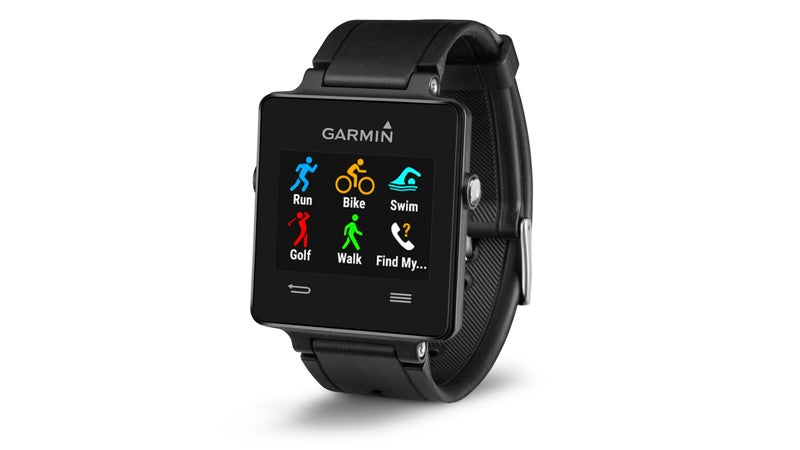
The Good: Built-in features for specific sports, including golf.
The Bad: Do you really need a watch that tracks your handicap?
Garmin Vivofit 2 ($100)
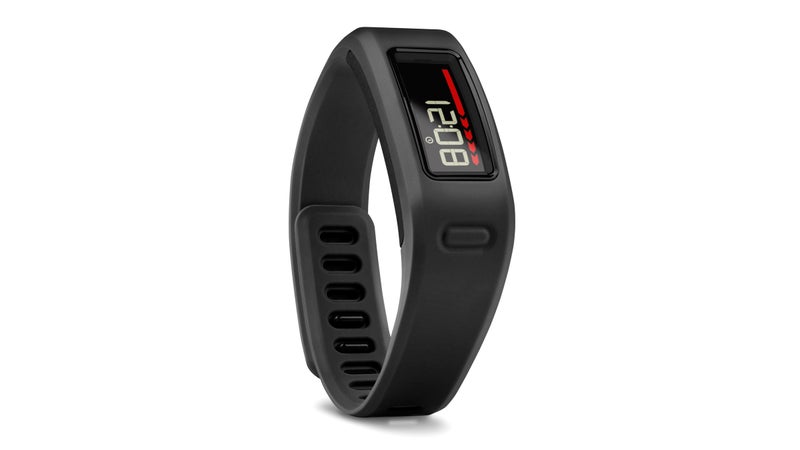
The Good: Can go a year without a charge.
The Bad: Limited to basic activity-monitoring features.
Lumo Lift ($80)
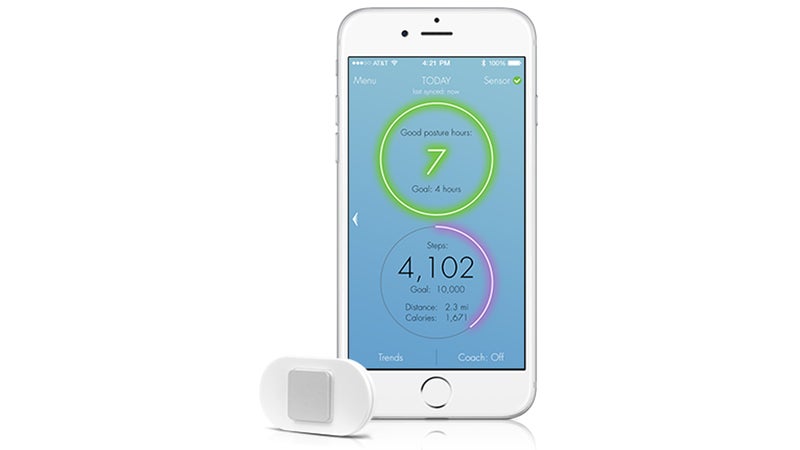
The Good: Wearable posture coach.
The Bad: Does what it says, but who wants to be nagged about posture?
For Weekend Warriors
Fitbit Surge ($250)
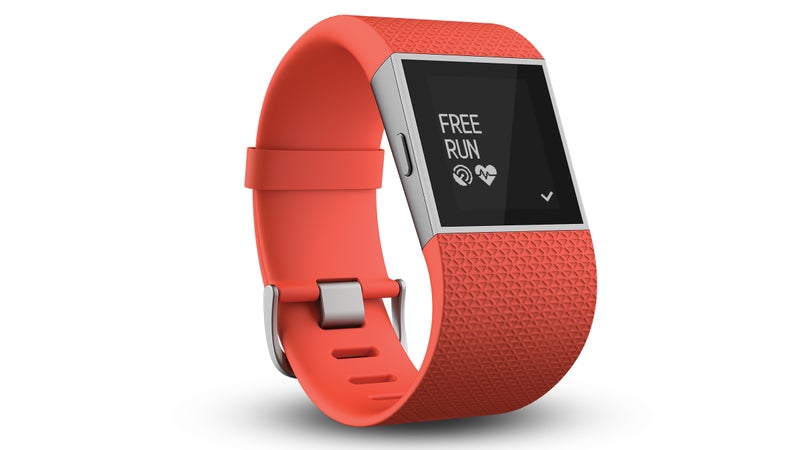
The Good: Combines the features of an always-on fitness tracker with GPS and heart rate for logging workouts.
The Bad: Like all wrist-based heart-rate monitors, it can be inaccurate during workouts.
Moov Now ($100)
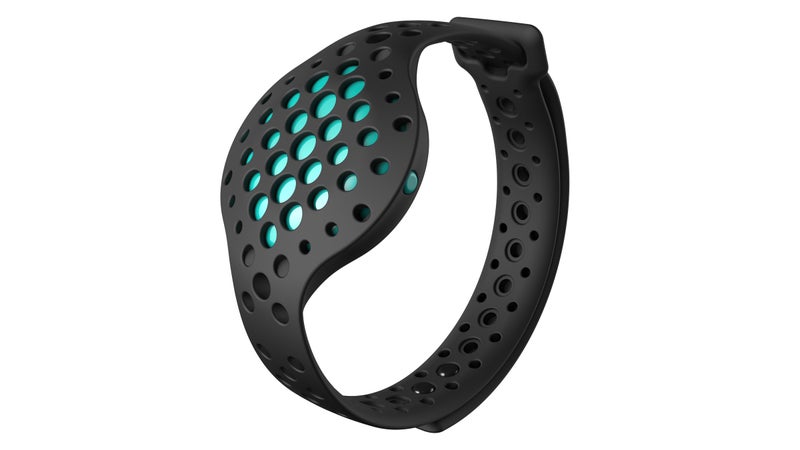
The Good: Hyper-detailed form analysis; affordable.
The Bad: Limited to accelerometer tech (i.e., no GPS or heart-rate monitor).
Polar M400 ($230)
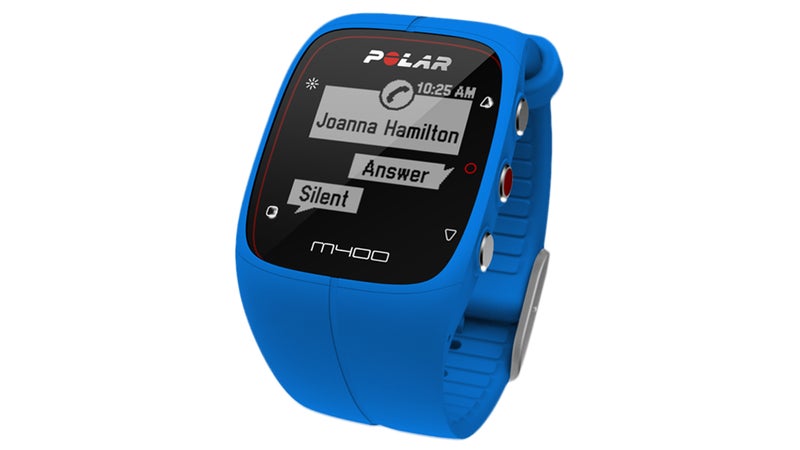
The Good: Combines activity monitoring, heart rate, and GPS tracking; cheaper than the competition.
The Bad: Lacks features like recovery and form analysis.
TomTom Runner Cardio ($230)
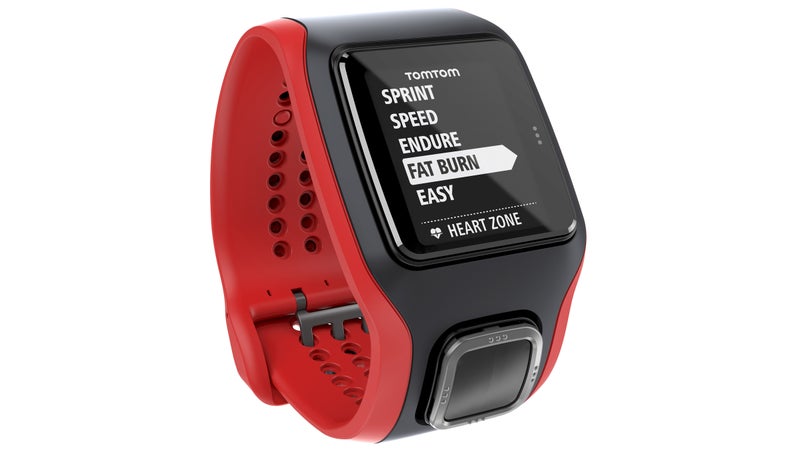
The Good: Simple to use; built-in heart-rate monitor.
The Bad: No ANT+ connectivity limits accessory choices.
Wahoo Tickr X ($100)
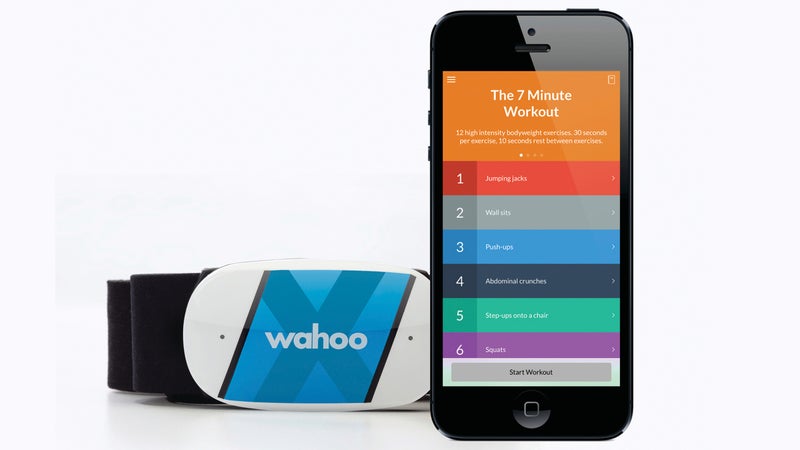
The Good: Integrates sports tracking into a chest strap; watch not required.
The Bad: No screen means there’s no way to follow workouts in real time.
For Aspiring Pros
Athos ($150 and up)
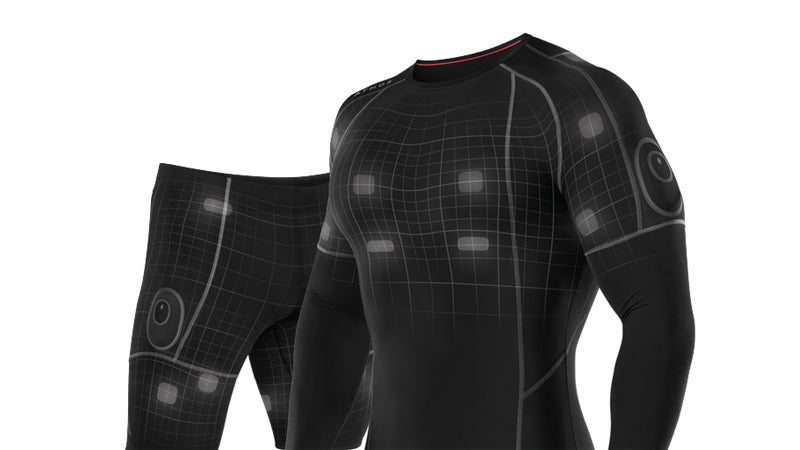
The Good: Sensors embedded in clothing provide an exhaustive look at how your body is working.
The Bad: You’re locked into wearing their workout duds.
Garmin Forerunner 920XT ($450)
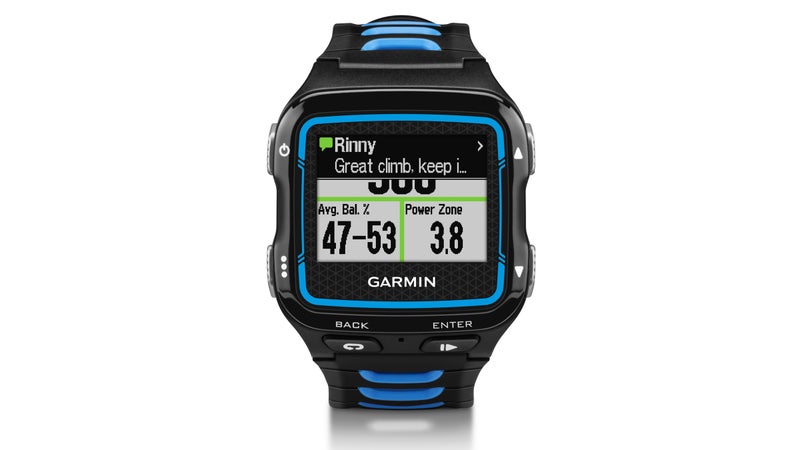
The Good: Aimed at triathletes, it syncs with cycling power meters and analyzes swimming form.
The Bad: No touch-screen.
Garmin Vector 2 pedals ($1,500)
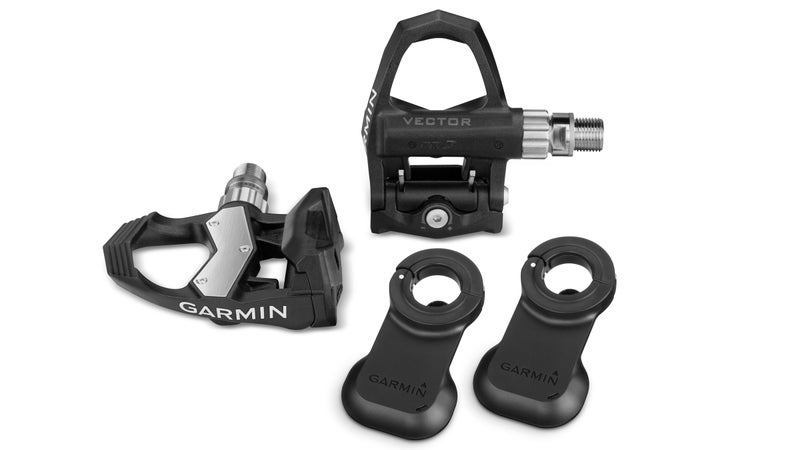
The Good: Track power without limiting wheel or crank choice; can break numbers down by left and right leg.
The Bad: No MTB version. Cost more than a month’s rent.
Recon Jet sunglasses ($499)*
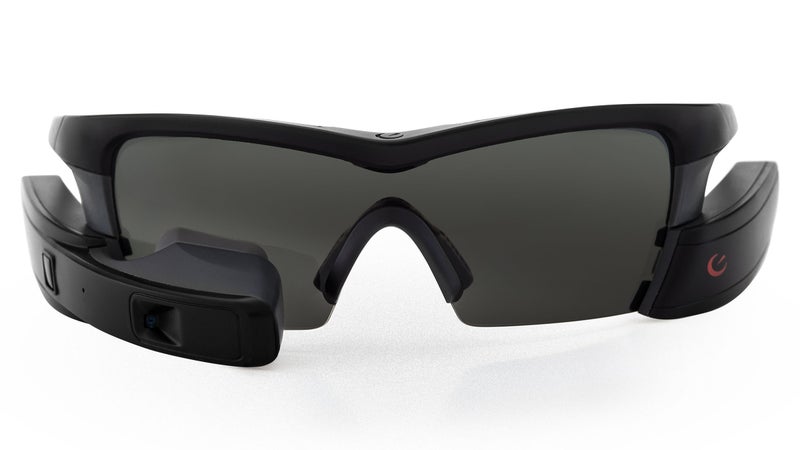
The Good: Displays data like power and heart rate in a convenient, always-visible spot.
The Bad: It looks like Google Glass’s meat-head older brother.
Spire ($150)
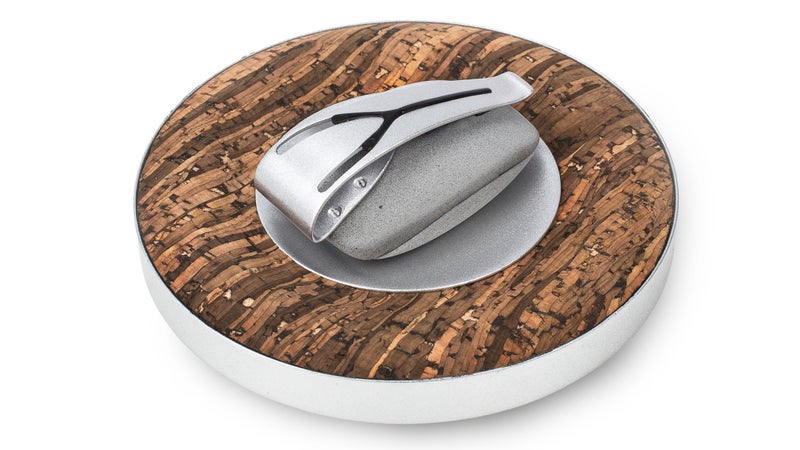
The Good: The rare wearable that tells you what to do with all the information.
The Bad: Being told you’re stressed when you already know you’re stressed is somewhat, uh, stressful.
*This article has been updated to reflect new pricing on the Recon Jet sunglasses.


